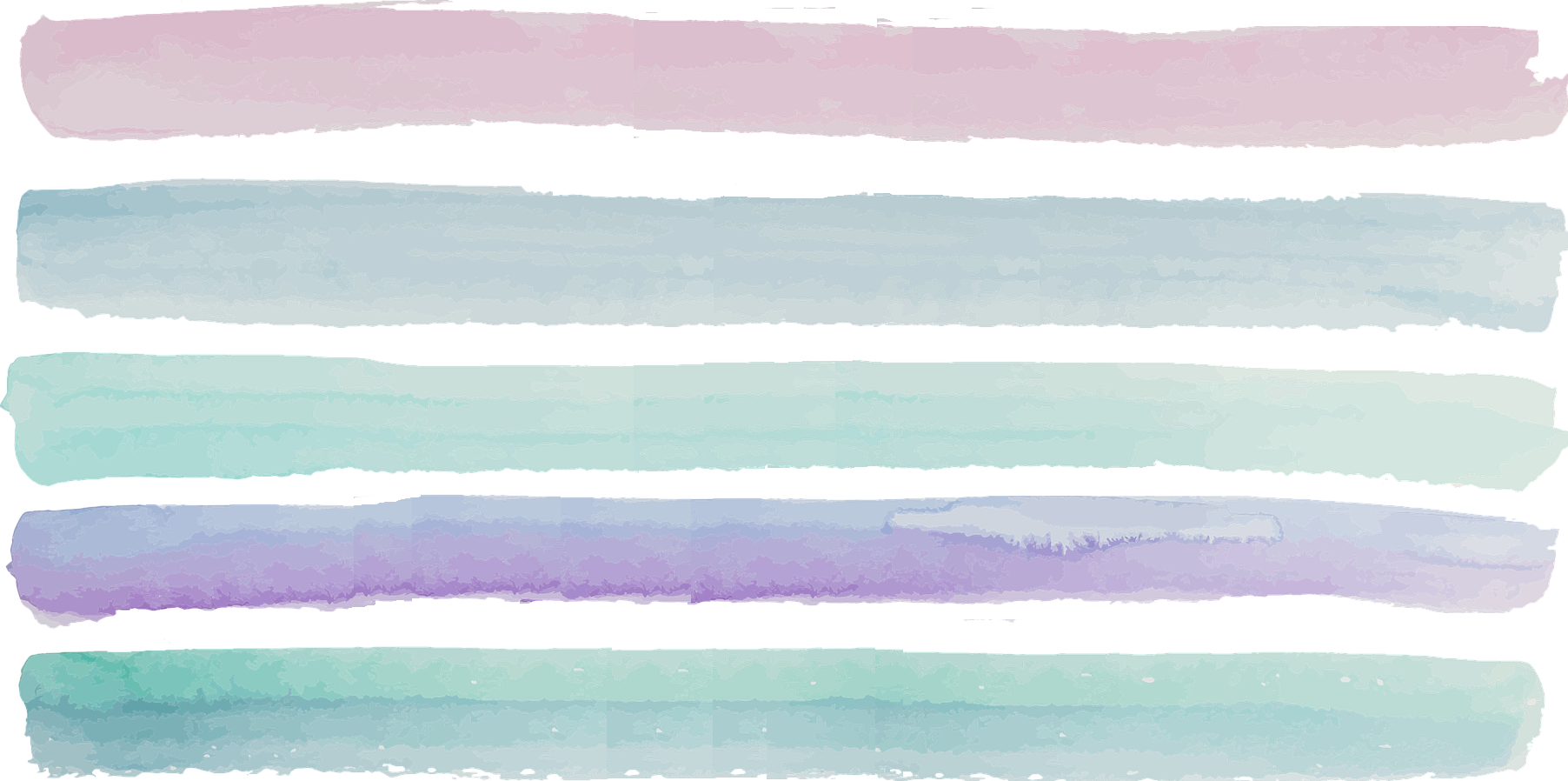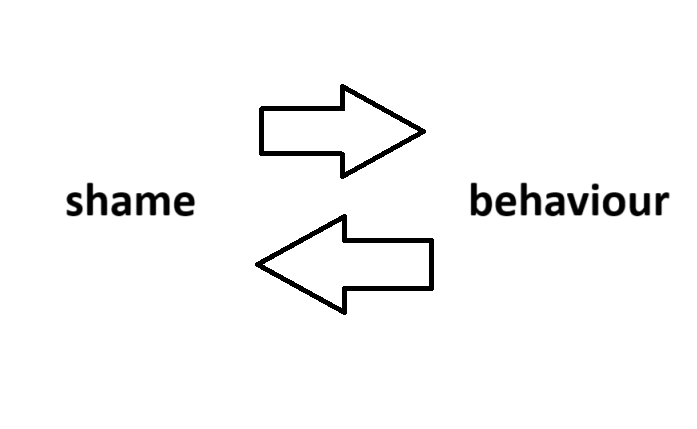Body-focused Repetitive Behaviours

Body-Focused Repetitive Behaviours (BFRBs) are a relatively unknown group of disorders. They are very common, yet remain quite misunderstood.
Written by: Anna Zajaczkowska; 11-09-2024
What are BFRBs?
(TW: self-harm mentioned as different to BFRBs)
Body-Focused Repetitive Behaviours (BFRBs) are a group of disorders classed under the Obsessive Compulsive Spectrum Disorders. However, they are not OCD. These disorders include Trichtillomania (Hair-pulling), Dermatillomania (Skin-picking), Onychophagia (Nail-biting) and other self-grooming focused behaviours.
The suffer has a compulsive need of repeating the behaviour which causes physical damage to them. Someone with a BFRB also has tried to stop the behaviour multiple times but is unable to do so for a longer period of time. BFRBs are not just bad habits - they have a large impact on the suffer and can disrupt different areas of their life. This includes their daily functioning and usage of time as well as their emotional state due to the physical presentation of the behaviour. BFRBs can bring a lot of feelings of shame and guilt onto the sufferer.
It is important to note that BFRBs are not self-harm. The behaviours are carried out without the intent of causing pain, but with the intent of relieving it. The behaviour is often engaged in as a result of anxiety or shame, but other emotions may also trigger it.
How do I know if I have a BFRB?
To have a BFRB, you must have a strong urge to engage in a behaviour that causes physical damage to your body. The urge must be strong enough to make repeated attempts at stopping unsuccessful in the long term. It must also impact some aspect of your daily functioning - this can include emotional impact.
Below are a few BFRBs:
(TW: description of BFRBs may be uncomfortable)
Some common misconceptions about BFRBs are:
The mechanism
Disclaimer: Writer is not a medical professional or scientist but the explanation below has been checked by a person with lived experience.
A more scientific decription will be added later
BFRBs are largely driven by emotion or perception but the reasons behind engaging in the behaviour can vary. Common perception causes include perceived flaws in appearance that will be ‘fixed’ by the behaviour - e.g. picking at acne to flatten out the skin. Common emotional causes include boredom, anxiety and shame. Shame is an interesting emotion here because it is often a behaviour that results from the behaviour. Feeling shame and guilt over not being able to stop is a common experience amongst people with BFRBs. The resultant shame can become the trigger for the behaviour, creating a loop.

Treatment
Disclaimer: Writer is not a medical professional and therefore cannot recommend the following.
The following is simply a collection of common forms of treatment for BFRBs
BFRBs are usually treated with Cognitive Behavioural Therapy (CBT) therapy. There are many types of therapy that different therapists may use that fall under CBT. These include Habit Reversal Training (HRT), Acceptance and Commitment Therapy (ACT) and Dialectical Behaviour Therapy (DBT).
Comorbidities
BFRBs often comorbid with OCD, anxiety, depression, ADHD and Autism.
Support
Please check out our other pages for general support as well.
